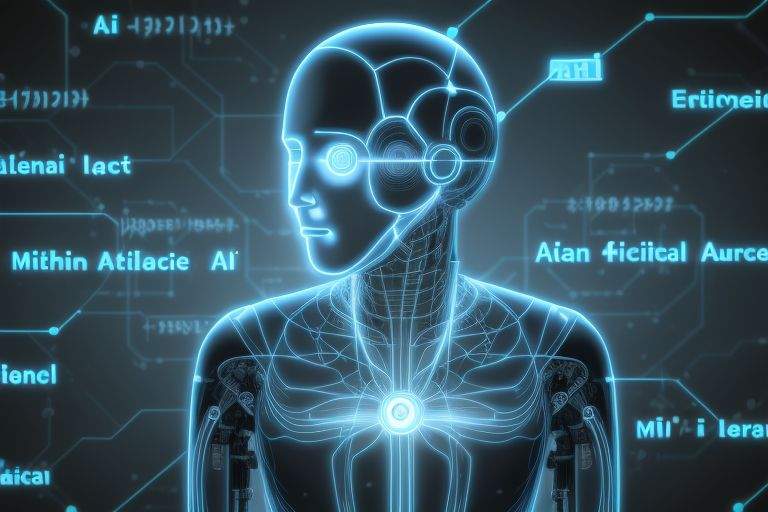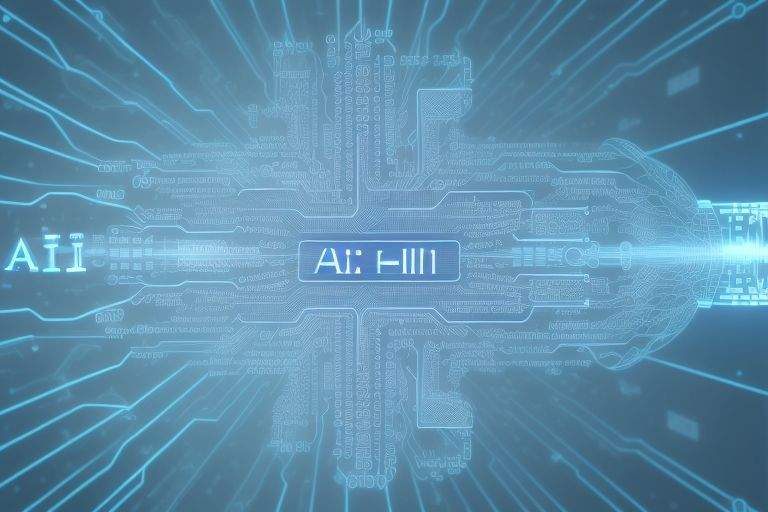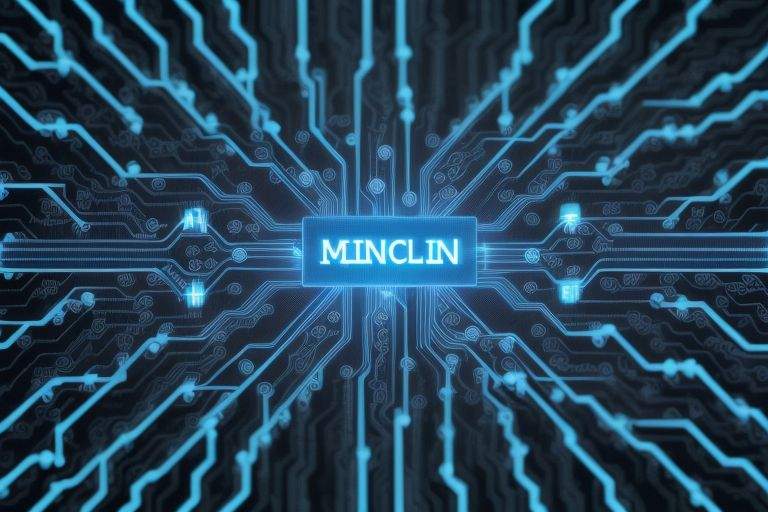
In the rapidly evolving landscape of technology, few fields have generated as much excitement and speculation as Artificial Intelligence (AI) and Machine Learning (ML). These disciplines have transcended their theoretical roots to become pivotal elements driving innovation across various sectors, redefining processes, improving efficiencies, and altering the very fabric of everyday human interactions. As we stand at the brink of a new era characterized by these technologies, it is imperative to explore their implications, applications, and the ethical considerations surrounding their development.
Understanding Artificial Intelligence and Machine Learning
At its core, Artificial Intelligence refers to the simulation of human intelligence in machines that are programmed to think and learn like humans. This encompasses a variety of functions, including reasoning, problem-solving, perception, and language understanding. While early AI systems were rule-based and limited to specific tasks, the advent of advanced algorithms and increased computational power has paved the way for more sophisticated forms of AI.
Machine Learning, a subset of AI, focuses specifically on the development of algorithms that enable computers to learn from and make predictions based on data. Instead of being explicitly programmed to perform a task, ML models identify patterns and draw inferences from large datasets, thereby improving their accuracy over time with increased exposure to data. This difference in approach allows ML to tackle complex tasks that would be infeasible through traditional programming.
Applications Across Industries
The versatility of AI and ML has led to transformative applications across various sectors. In healthcare, these technologies enhance diagnostic accuracy, streamline administrative processes, and personalize patient care. For instance, machine learning algorithms can analyze medical images more effectively than human radiologists, identifying anomalies that may be missed by the human eye. Furthermore, AI-powered predictive analytics can forecast patient outcomes, leading to more informed decision-making by healthcare professionals.
In the realm of finance, AI and ML are revolutionizing how transactions are conducted, risk is assessed, and fraud is detected. Financial institutions utilize machine learning models to identify potentially fraudulent activities within seconds, analyzing transactions in real-time against historical data. Algorithms can also optimize trading strategies, enabling firms to make data-driven decisions that enhance profitability.
The retail sector has witnessed substantial changes as well, with AI facilitating personalized shopping experiences and inventory management. Predictive analytics can understand customer behavior and preferences, allowing retailers to tailor marketing campaigns and stock products accordingly. Chatbots powered by AI provide 24/7 customer service, handling inquiries and issues efficiently while freeing human employees to focus on more complex tasks.
Moreover, logistical and supply chain operations have greatly benefited from AI and ML. Companies can optimize routes, predict demand, and manage supply chain risks through the analysis of real-time data. These advancements not only improve operational efficiency but also contribute to sustainability by minimizing waste and reducing carbon footprints.
The Role of Ethical Considerations
Despite the myriad benefits associated with AI and ML, their integration into society raises critical ethical concerns that cannot be overlooked. Issues surrounding privacy, data security, bias, and job displacement have sparked extensive debate among technologists, ethicists, and policymakers. The reliance on vast datasets means that if the data is biased, the resulting AI systems will inherit and perpetuate those biases, leading to unfair outcomes in decision-making processes. For example, biased algorithms in hiring tools may inadvertently disadvantage certain demographic groups, reinforcing societal inequalities.
Moreover, as automation becomes more prevalent, the potential for job displacement raises questions about the future workforce. While AI and ML can enhance productivity and create new job opportunities in tech-driven sectors, there is a valid concern that many traditional roles may become obsolete. It presents a pressing need for reskilling and upskilling the workforce to navigate this transition and ensure that economic growth benefits a broad spectrum of society.

Another significant ethical consideration is the matter of accountability. As AI systems become increasingly autonomous, pinpointing responsibility for errors or harmful consequences becomes complex. Establishing clear frameworks for accountability is essential to ensure that stakeholders, including developers and organizations using AI, are held responsible for the outcomes of their systems.
The Path Forward
As we move forward in a world increasingly governed by Artificial Intelligence and Machine Learning, fostering a collaborative environment between technology developers, business leaders, policymakers, and ethicists will be crucial. It is imperative to prioritize transparency and ethical standards in AI development while promoting research and discourse on the societal impacts of these technologies.
Furthermore, public engagement and education on AI and ML are essential for demystifying these technologies and fostering a society that is informed and prepared for the changes ahead. By democratizing access to knowledge about AI and ML, we can empower individuals and businesses to leverage these advancements responsibly and creatively.

In conclusion, Artificial Intelligence and Machine Learning stand at the forefront of technological innovation, promising unprecedented advancements across a multitude of sectors. Their potential to enhance productivity, improve decision-making, and transform lives is immense. However, as we embrace these technologies, we must remain vigilant in addressing the ethical challenges they present. By doing so, we can harness the power of AI and ML to create a future that is equitable, sustainable, and beneficial for all.







